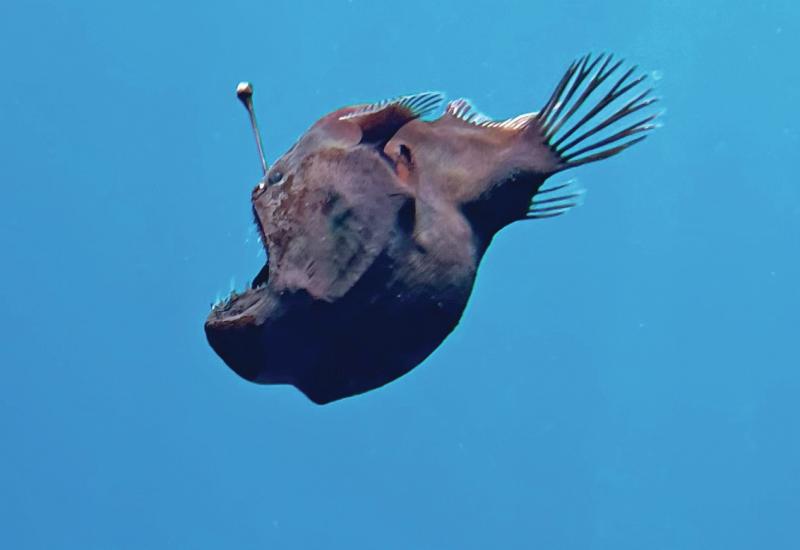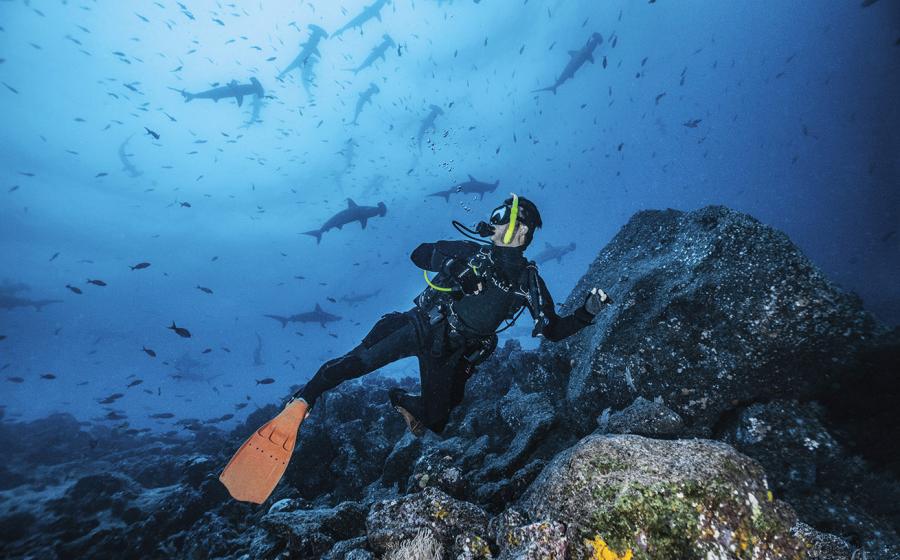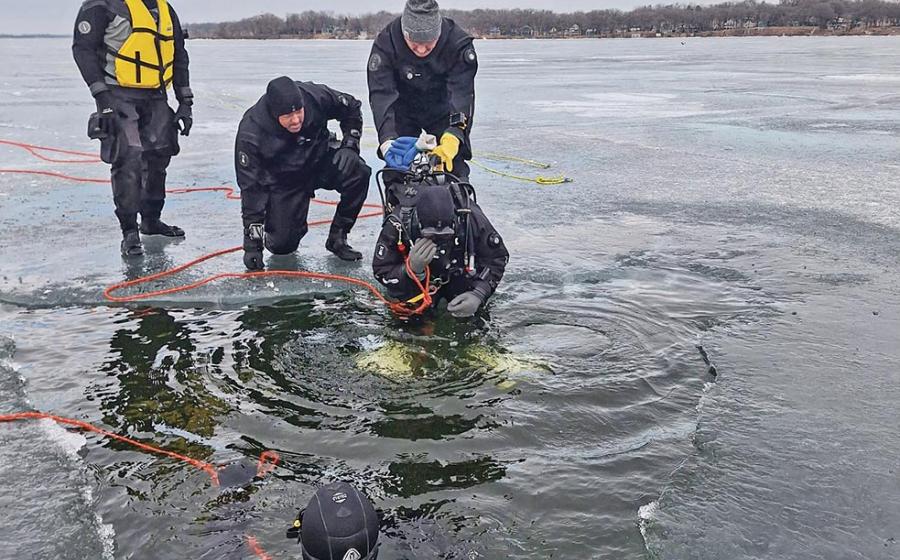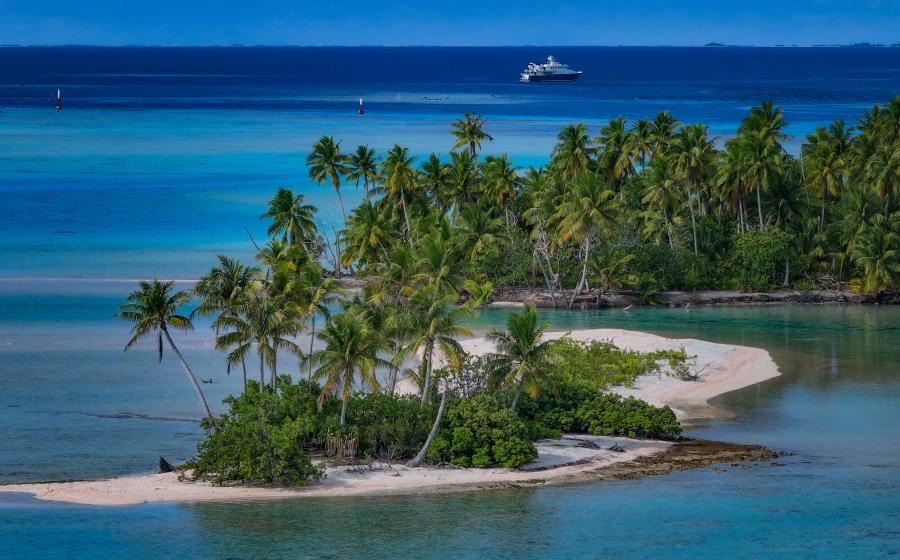Guy Harvey Promotes Bahamas Shark Protection

Guy Harvey Shark Logo
Nassau, The Bahamas – March 2, 2011 – Dr. Guy Harvey, world-renowned scientist and marine wildlife artist, has joined the growing ranks of individuals and organizations calling for strict regulations to ban the commercial fishing of all sharks in The Bahamas. In support of the program, Dr.Harvey is releasing a custom-designed “Protect Bahamian Sharks” campaign logo and poster this week while visiting Nassau to meet with government officials.
“These magnificent animals have been admired for years by divers visiting The Bahamas and revered by people around the world as one of the great wonders of the ocean,” said Dr. Harvey. “However, many species of sharks are now being driven to the brink of extinction by over-exploitation, fueled mostly by the Far East’s demand for shark fin soup.”
“Due to a ban on longline fishing gear in the 1990s led by The Bahamas National Trust, Bahamian waters are one of the few places in the world with relatively healthy shark populations,” said Eric Carey, Executive Director of The Bahamas National Trust. “The Bahamas is now one of the premier shark-watching destinations for divers, reeling in US$800 million over the past 20 years for the national economy, according to the Bahamas Diving Association.”
Even with the ban on longlining gear, sharks are still considered at-risk in Bahamian waters due to other methods of fishing. “There are currently no specific laws in The Bahamas protecting these amazing creatures,” said Matt Rand, director of global shark conservation for the Pew Environment Group.“We are working with The Bahamas National Trust to raise awareness to establish measures that will conserve healthy shark populations before it is too late.”
Scientists with the International Union for Conservation of Nature have estimated that 30 percent of shark and ray species around the world are threatened or near-threatened with extinction. The loss of these animals could cause irreversible damage to the ocean’s ecosystem and result in the
loss of hundreds of millions of dollars in the tourist trade.

Nassau, The Bahamas – March 2, 2011 – Dr. Guy Harvey, world-renowned scientist and marine wildlife artist, has joined the growing ranks of individuals and organizations calling for strict regulations to ban the commercial fishing of all sharks in The Bahamas. In support of the program, Dr.Harvey is releasing a custom-designed “Protect Bahamian Sharks” campaign logo and poster this week while visiting Nassau to meet with government officials.
“These magnificent animals have been admired for years by divers visiting The Bahamas and revered by people around the world as one of the great wonders of the ocean,” said Dr. Harvey. “However, many species of sharks are now being driven to the brink of extinction by over-exploitation, fueled mostly by the Far East’s demand for shark fin soup.”
“Due to a ban on longline fishing gear in the 1990s led by The Bahamas National Trust, Bahamian waters are one of the few places in the world with relatively healthy shark populations,” said Eric Carey, Executive Director of The Bahamas National Trust. “The Bahamas is now one of the premier shark-watching destinations for divers, reeling in US$800 million over the past 20 years for the national economy, according to the Bahamas Diving Association.”
Even with the ban on longlining gear, sharks are still considered at-risk in Bahamian waters due to other methods of fishing. “There are currently no specific laws in The Bahamas protecting these amazing creatures,” said Matt Rand, director of global shark conservation for the Pew Environment Group.“We are working with The Bahamas National Trust to raise awareness to establish measures that will conserve healthy shark populations before it is too late.”
Scientists with the International Union for Conservation of Nature have estimated that 30 percent of shark and ray species around the world are threatened or near-threatened with extinction. The loss of these animals could cause irreversible damage to the ocean’s ecosystem and result in the
loss of hundreds of millions of dollars in the tourist trade.










